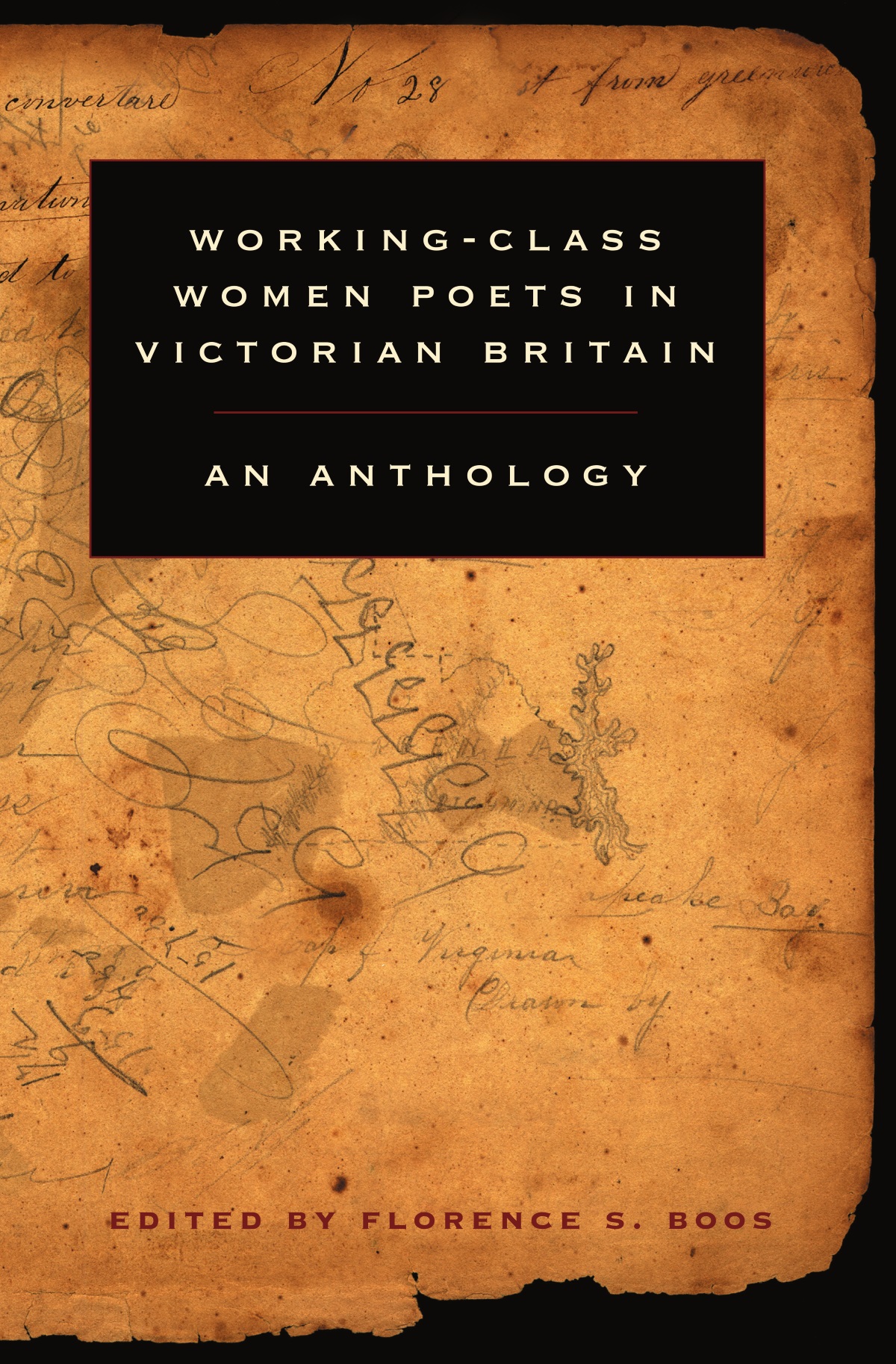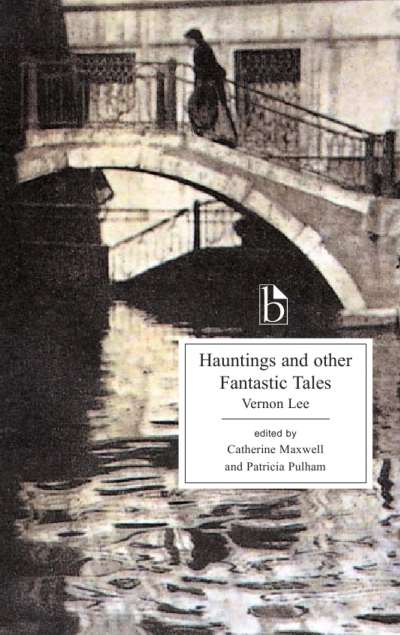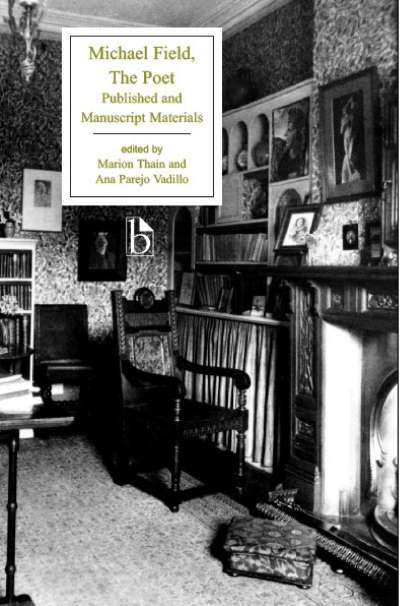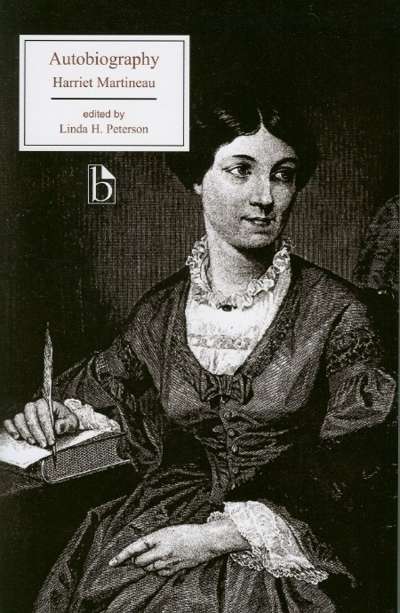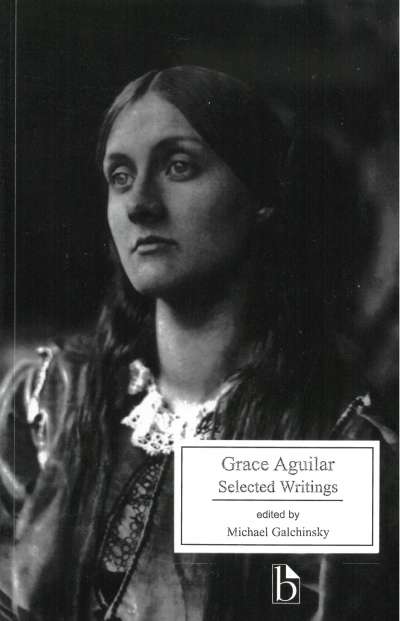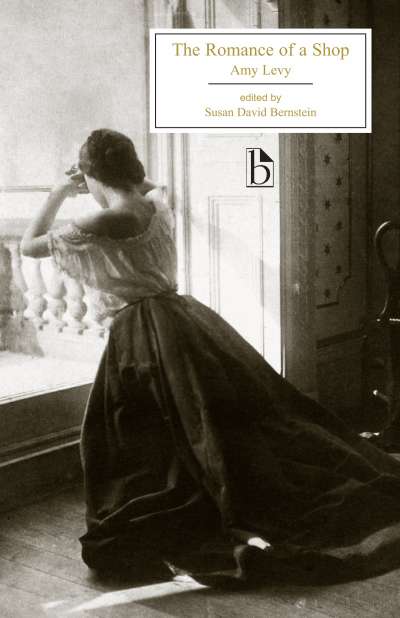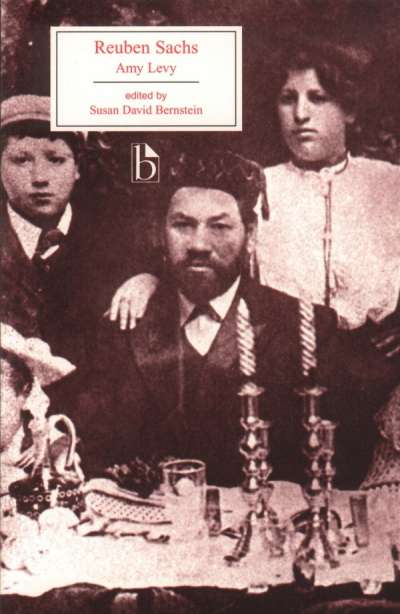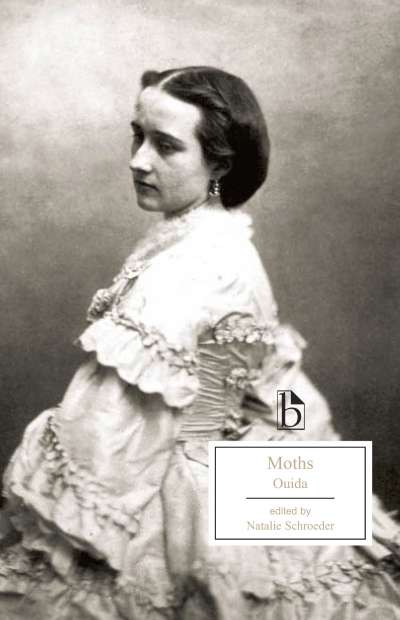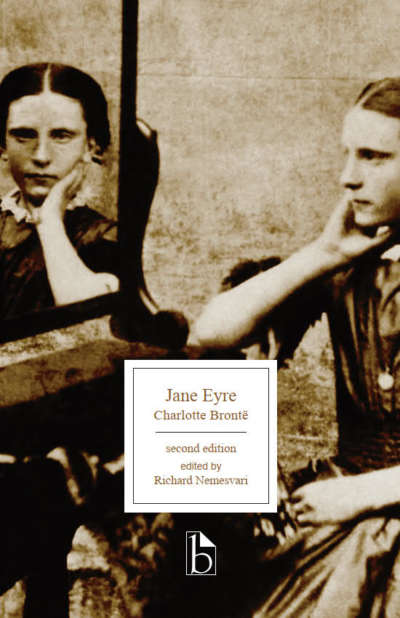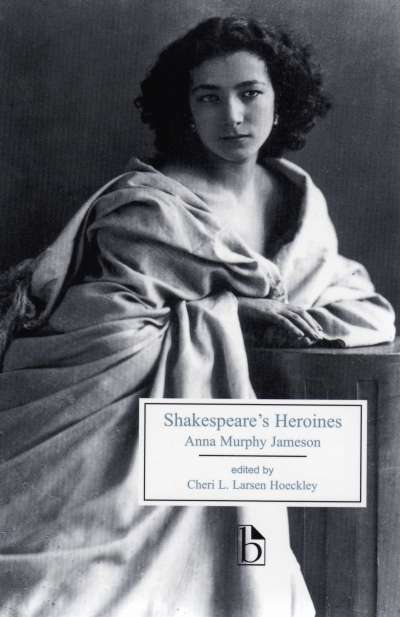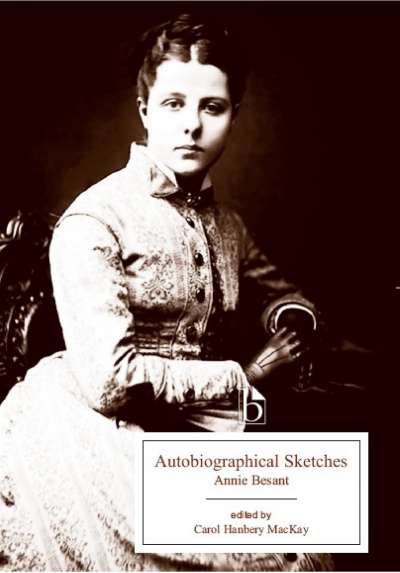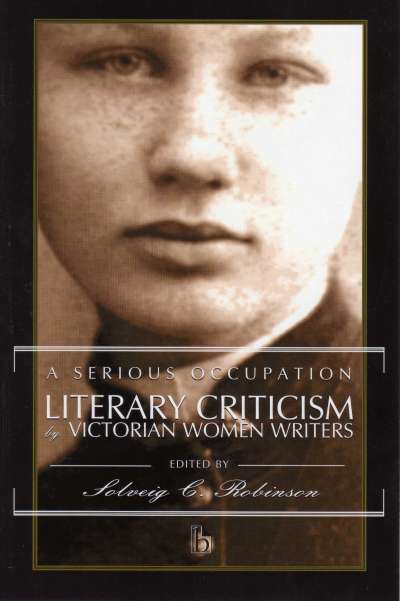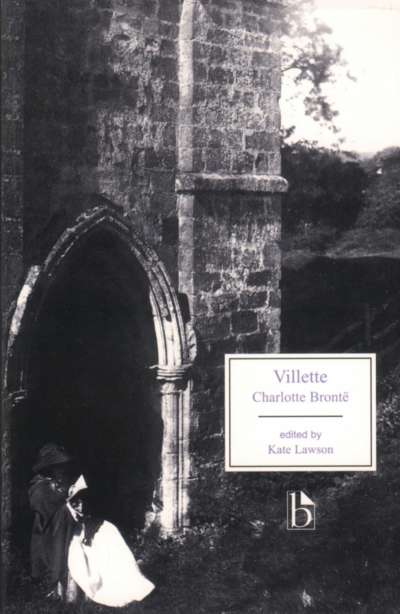Though working-class women in the nineteenth century included many accomplished and prolific poets, their work has often been neglected by critics and readers in favour of comparable work by men. Questioning the assumption that few poems by working-class women had survived, Florence Boos set out to discover supposedly lost works in libraries, private collections, and archives. Her years of research resulted in this anthology.
Working-Class Women Poets in Victorian Britain features poetry from a variety of women, including an itinerant weaver, a rural midwife, a factory worker protesting industrialization, and a blind Scottish poet who wrote in both the Scots dialect and English. In addition to biographical information and contemporary reviews of the poets’ work, the anthology also includes several photographs of the poets, their environment, and the journals in which their poems appeared.
Comments
“Florence Boos has produced a fascinating anthology and a learned interpretive study in one volume. Boos is passionate in her claims for the social life of poetry and careful in her presentation of individuality of each of these writing women. The poems include political ballads, personal lyrics, and selections of prose that often give insights into what poetic vocation meant to working women. Boos provides excellent introductions to each poet. This is a beautiful labor of love, and will delight scholars, general readers, and poets.” — Anne Janowitz, Queen Mary University of London
“This anthology is essential reading for anyone concerned with women’s writing. The work of these indomitable women shows human determination at its strongest and most moving. These poets elegize the tragic deaths of their children, celebrate the beauties of the natural world, and deplore war and injustice. Hampered by neglected or interrupted education and often dogged by poverty, they overcome their disadvantages with great dignity. We should read them now and give them the praise they deserve.” — Dorothy McMillan, University of Glasgow
Acknowledgements
Introduction
Janet Hamilton
- Introduction
A Plea for the Doric
A Wheen Aul’ Memories
The Feast of the “Mutches”
Oor Location
Rhymes for the Times II
Rhymes for the Times IV
Rhymes for the Times V
Grannie Visited at Blackhill, Shotts, July, 1805
Auld Mither Scotland
Grannie’s Crack About the Famine in Auld Scotlan’, 1739-40
Grannie’s Dream—A True Incident
Effie—A Ballad
Preface to Poems, Essays and Sketches
Preface to Memorial Edition, James Hamilton
Janet Hamilton at her “Ain Fireside,” Alexander Wallace
Janet Hamilton on the Education of Women
Scottish Peasant Life and Character in Days of Auld Langsyne
Sketch of a Scottish Out-door Communion Sabbath in Times
Gone By
Local Changes
Sketch of a Scottish Village
From The Mental and Moral Dignity of Woman, by the Rev. Benjamin
Parsons
The Rural Poets
Anonymous Celtic Songs Collected by Alexander Carmichael
- Introduction
Peace
The Apple Tree
New Moon
My Father and Mother Will Kill Me
Isabella Chisholm
- Introduction
The Wicked Who Would Do Me Harm
Exorcism of the Eye
Counteracting the Evil Eye
Elizabeth Duncan Campbell
- Introduction
The Death of Willie, My Second Son
A Prison Cell
The Crimean War
The Summer Night
The Mother’s Lament
The Life of My Childhood
Mrs. Campbell: A Criticism, by George Gilfillan
Jane Stevenson
- Introduction
Home
The Wandering Dog
The Fairy Dale
The Prophetess, Or Seer of Visions
Preface from Homely Musings
Elizabeth Horne Smith
- Introduction
The Armenian Atrocities
A Midnight Meeting with the Ghost of Burns, July, 1896
My Friend
Lines to J —— B——, Dunfermline
“In the Foremost Files. Elizabeth Horne Smith, Farmworker and Poetess.,” by the Rev. P[aul] Anton
Mary MacDonald MacPherson
- Introduction
Incitement of the Gaels
Farewell to the New Christmas
A Prose Translation: “Ivory and the Crofters,” Donald Meek
The Factory Poets
“Marie”
- Introduction
The Indomitable Will
Posted Books
Sibyl, the Far-Seer
An Autumn Evening, People’s and Howitt’s Journal, 1849
Ellen Johnston
- Introduction
Lines to Isabel from the Factory Girl
The Factory Girl’s Reply to Edith
The Last Sark
The Maid of Dundee to Her Slumbering Muse
The Last Lay of “The Factory Girl”
Edith, from Preface to Second Edition, Autobiography, Poems and Songs
Selections from the “Autobiography of Ellen Johnston”
Ruth Wills
- Introduction
A Lament
The Seen and the Unseen
Koziell
Zenobia
“The Factory Poetess,” from The Working Man
Application to the Royal Literary Fund, 1863
Last Will and Testament of Ruth Wills
Fanny Forrester
- Introduction
Dying in the City
The Lowly Bard
The Bitter Task
To “Sabina”
Application to the Royal Literary Fund from Mrs. Ellen Forrester
“Fanny Forrester,” Ben Brierley’s Journal, 1875
Ethel Carnie
- Introduction
A Marching Tune
Faith
An Old Woman’s Hands
A Washerwoman
Shame
A Lament
A Riding Song
“A Lancashire Fairy. An Interview with Miss Ethel Carnie”
“Paddling your Own Canoe,” Miss Nobody
“Modern Womanhood,” The Woman Worker, 1909
Letter from Ethel Carnie to Graham Wallas
Lyricists and Feminists
Eliza Cook
- Introduction
Song of the City Artisan
The Streets
A Song:To “The People” of England
They All Belong to Me
Song of the Red Man
Lines Suggested by the Song of a Nightingale
To the Late William Jerdan
“Advice to the Ladies,” from Eliza Cook’s Journal, 1850
Letter from Eliza Cook, 1838
Letter from Eliza Cook, 1864
Mary Smith
- Introduction
“Women’s Claims”
Our Village
Life Similes
The Snow Storm
My Mother-Sister
Selections from “Progress”
Selections from The Autobiography of Mary Smith
Jessie Russell
- Introduction
Preface to The Blinkin’ O’ the Fire
The Blinkin’ O’ the Fire
Women’s Rights vs.Woman’s Wrongs
The Mother’s Story
Oor Flittin’
Jeannie Graham Paterson
- Introduction
A Brighter Dawn
Speak the Words
Class Distinction
A Song of Liberty
A Freen’ly Crack
To One Who Believes that Women are Soulless
Marion Bernstein
- Introduction
Mirren’s Autobiography
Wanted in Glasgow
Come Back to Me,Ye Happy Dreams
Manly Sports
Wanted a Husband
A Dream
Application to the Royal Literary Fund, 1904
Bibliography
- General Works
- Some Little-Educated or Working-Class Victorian Women Poets Who Published Books Not Included in this Anthology
- Comprehensive Bibliography
- Periodicals
Index of Titles
Index of First Lines
Florence S. Boos is Professor of English at the University of Iowa. She has written widely on Victorian literature, particularly on the Pre-Raphaelites and on poetry by women.

